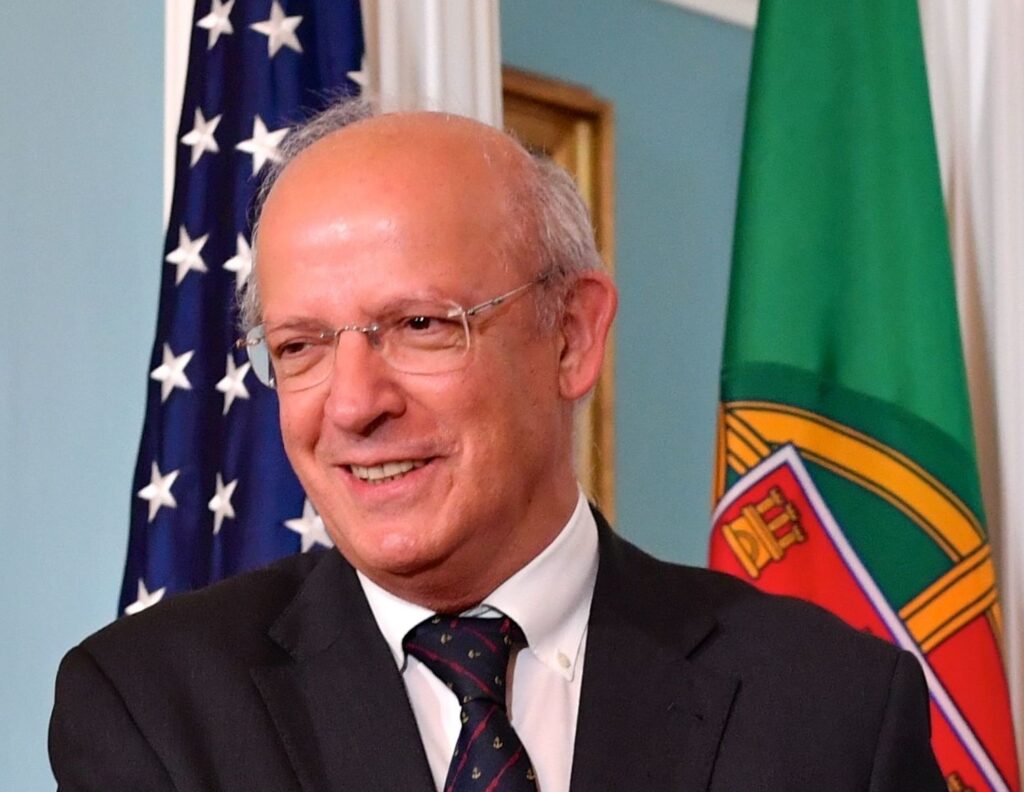The President of the Assembly of the Republic defended today that social networks should be regulated, considering that they cannot be “a kind of free zone”, and warned that they are “weakening the institutions of framing people”.
At a meeting with university students at Universidade Nova de Lisboa on the theme “Parliamentary democracy in the age of social networks”, in which he was accompanied by the president of the Senate of Spain, Ander Gil García, Augusto Santos Silva began by recognizing that, despite having Despite some advantages, social networks are also “a challenge” for democratic societies.
“The immediacy of communication, the tendency to tribalism, polarization, the dismissal of journalistic mediation or analytical verification, all this weakens people's framing institutions, be they schools, political parties, student associations, or non-governmental organizations… all of them”, he stressed, acknowledging that this is a “a little pessimistic” but “realistic” view.
The President of Parliament considered, however, that it would be negative to approach social networks in the same way that the Luddites approached the industrial revolution in England at the beginning of the XNUMXth century, referring to the movement of English workers who “thought that, by destroying machines, they kept their jobs”.
"We must not be Luddites now, that is, we must not think that by destroying social networks we will save our democracies," he said.
Santos Silva defended that, on the contrary, the effort should be “to intervene, in democratic institutions, and as democrats, also in this ecosystem”.
"My opinion is that we should not think or accept that social networks are a kind of free zone of democratic regulation", he stressed.
Santos Silva acknowledged that this regulation is a “matter that divides” societies and stressed that it could result in social networks becoming subject to the “same monopolistic laws” as companies that “sell cement or foodstuffs”.
According to Santos Silva, “all these companies, in a democracy, are subject to public intervention when they become monopolies, when they have anticompetitive practices”.
“If we apply this in relation to the economy and the business model of social networks, there are many struggles that we have to do”, he said.
On the other hand, the President of the Assembly of the Republic also recognized that this intervention would have consequences for the “instruments for regulating the content circulating on social networks”.
“If we understand that what is said and written on social media must be subject to the same rules as what is said and written in newspapers, radio or television, then that means forcing those who dominate social media to intervene, limiting freedom of expression”, he underlined.
After being asked by students about the fact that social networks can be considered “totalitarian digital dictatorships”, Santos Silva recovered that expression to point out that the risk of falling “into a digital dictatorship is a real risk”, namely if there is “a narrowing of the democratic space as a result of illegitimate economic powers, namely monopolization”.
“According to the European Union (EU), today we run this risk vis-à-vis companies like Google or similar and that is why there have been European decisions to punish the monopolistic practices of these companies and this seems to me to be absolutely essential: controlling economic power is one of the main responsibilities of political power”, he maintained.
After the intervention of a student on the fact that, since the tycoon Elon Musk bought the social network Twitter, people can buy a “verification seal”, without any kind of prior evaluation of their profile, Santos Silva stressed that this would be precisely one of the first aspects that should be subject to regulation.
“In the same way that, in Portugal, our Food and Economic Security Authority (ASAE) intervenes when it knows that the supermarket is selling rotten oranges, in the same way the communications regulator should intervene to prevent this fraud, which is that I can buy a title of veracity”, he underlined.
In turn, the President of the Senate of Spain also expressed concern about the “difficulty in establishing a democratic regulation of global platforms with national regulations”.
“It is true that the European Union, this more global governance space, has started to take some steps in this direction (…), but one of the biggest difficulties we face is precisely this: we are responding to global phenomena with national regulations. We need to strengthen the spaces of global regulation”, he defended.



















Comments